Exploring the linkage between Mental Health and Leprosy
One of the most devastating factor about Neglected Tropical Diseases (NTDs) is that they extend beyond active infection. Due to this, most NTDs have disabling consequences. In fact, 17 of the main NTDs can cause impairments and consequently disability.[1] In the last decade, there has been a drastic increase in studies linking mental health and NTDs. Growing body of literature suggests that factors associated with NTDs including disability and stigma are directly linked to poor mental health dimensions causing depression, reduced quality of life, and suicide.[2]
The appearance of symptoms in case of skin NTDs like leprosy and Lymphatic filariasis leads to exclusion from the society due to fear of contamination, subsequently leading to poor mental health for the patients. This reduces access to health and social services, educational opportunities, and income generation and employment opportunities. Studies conducted in Addis Ababa2, Laos2, Nigeria2 have all shown higher prevalence of psychiatric issues amongst Leprosy Patients was more than double than that of general population.
Based on recent hospital records, there has been a rise in number of patients referred from Anandaban Hospital to mental health care givers for further treatment. In-patients often disclose suicidal thoughts and feeling of worthlessness when probed.
“When I got affected by leprosy, I could not work because of my colleagues and family members. They started backbiting about me badly. I also stayed away from them for some time and started contemplating suicidal thoughts because I did not want to live this way in such a toxic mental state. I felt like drowning myself in the river.” (39 years, female).
Studies show that up to 50% of the people affected by leprosy will suffer from depression, anxiety, and contemplate suicide. Rise in anxiety and depression leads to decreased social participation and social exclusion among leprosy-affected persons[3]. Leprosy diagnosis can mark the onset of major stressors, requiring an adjustment in several areas of life with stigma-associated factors pushing towards isolation of people affected by Leprosy and their family. Depression is still the leading mental health issue for people affected by Leprosy[4].
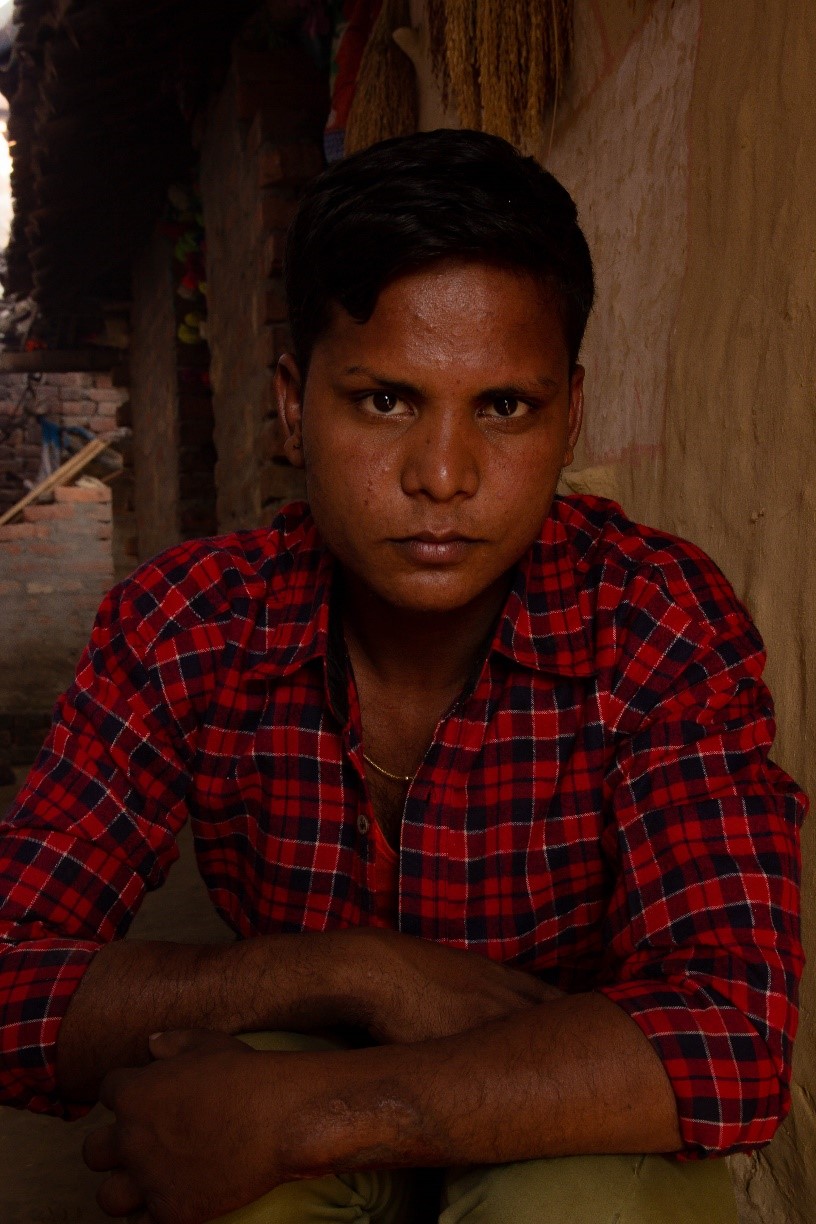
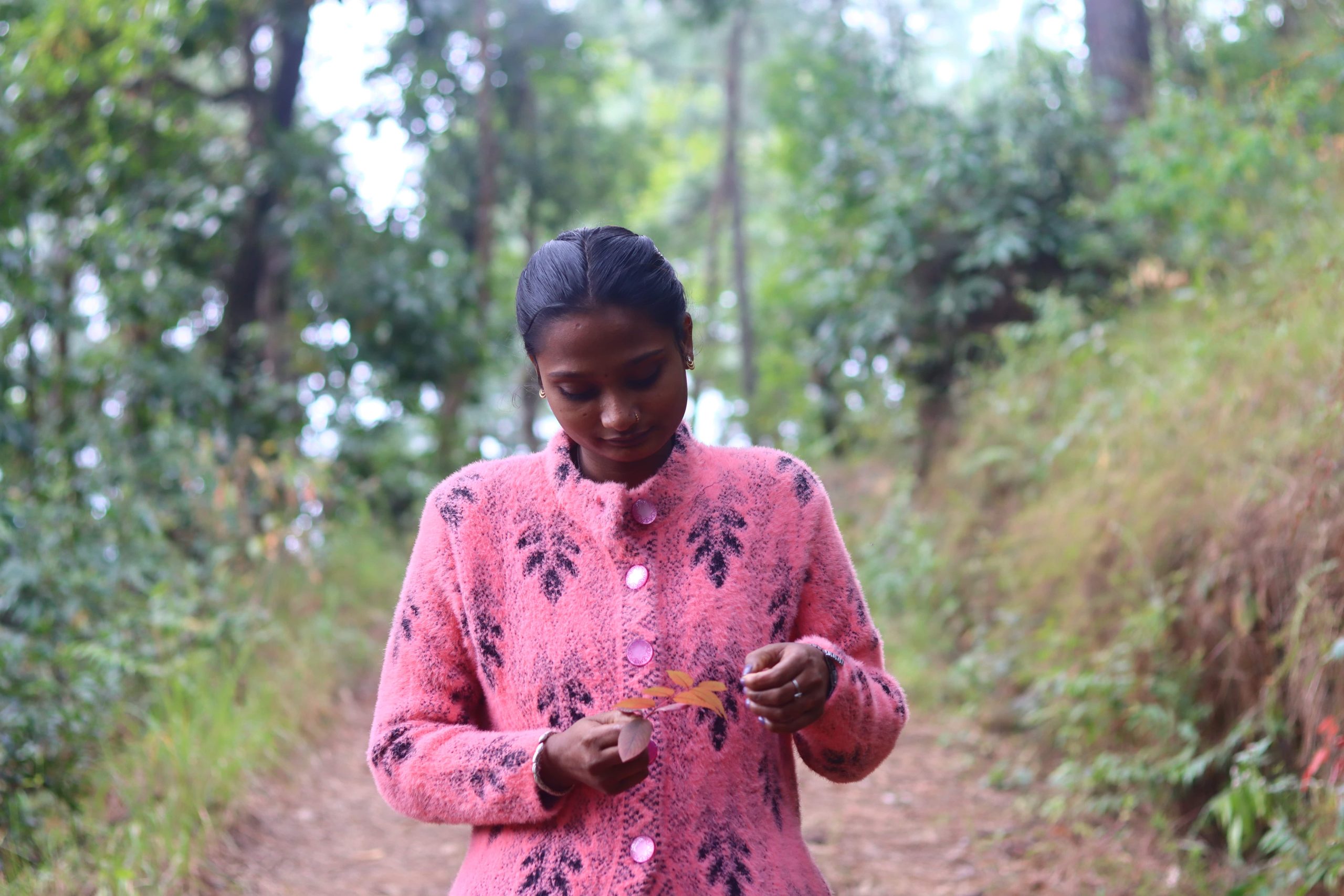
The evidence on linkage between mental health and leprosy calls for better holistic care to those affected. Only by fully understanding the needs of people affected by Leprosy we can address some of the psychosocial complications associated with the disease. Over the years, Anandaban Hospital has been offering counseling services for patients and their family members. However, traditional mental health care techniques may not be enough to tackle the mental health complications of Leprosy. There is a clear need for more and better research in discovering ways to tackle mental health in NTDs, especially in low-income settings.
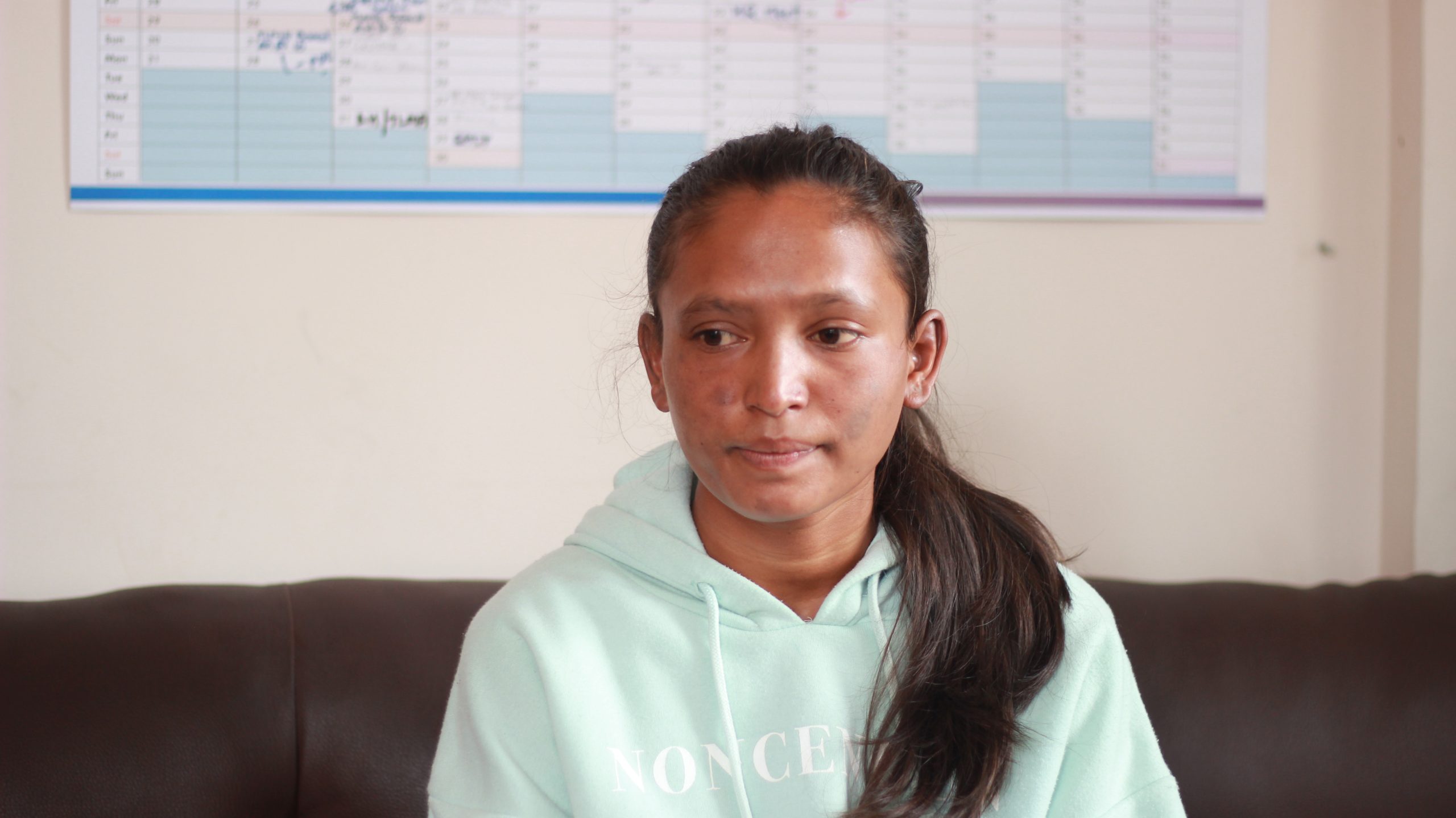

*The creation of this blog post was led by Ruth Shrestha and Subin Adhikari.
*Selected images credited to Tom Bradley and Trevor Grant.
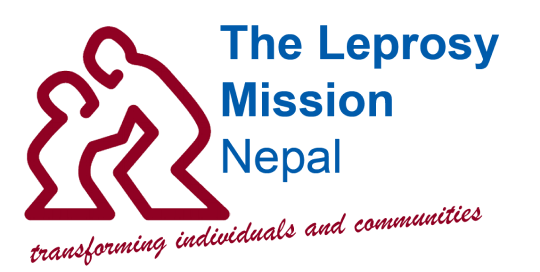
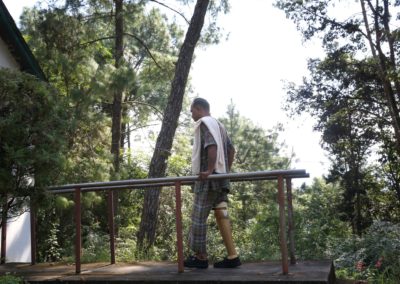
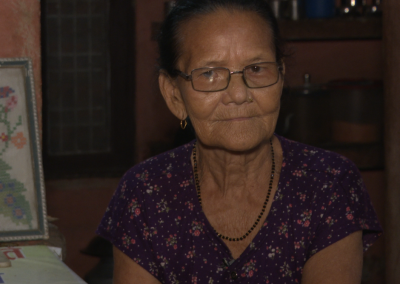
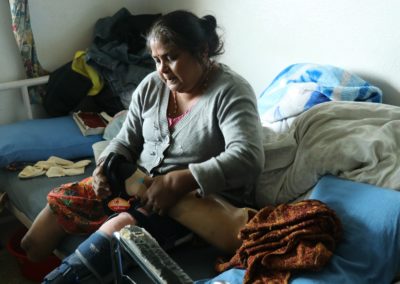

Recent Comments